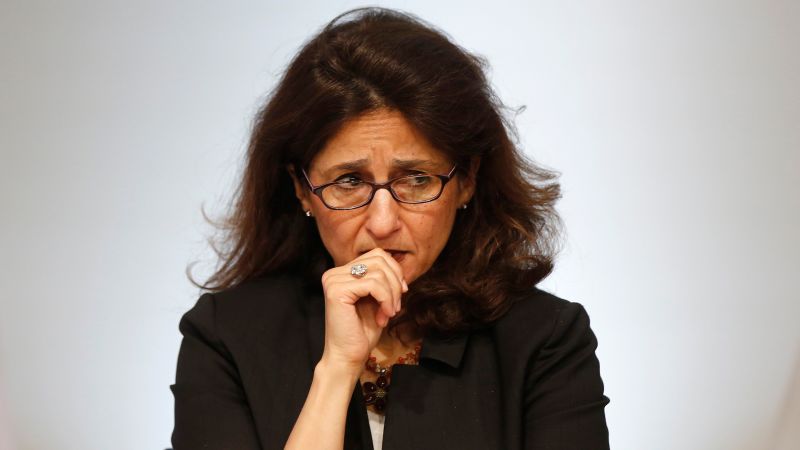Minouche Shafik, Columbia University’s president, is facing calls for resignation from students, faculty, and lawmakers over her handling of campus protests related to the Israel-Hamas war. Shafik authorized the New York Police Department to crackdown on student protests, resulting in over 100 arrests. Some criticize this as a violation of academic freedom, while others believe the administration has not done enough to combat antisemitism on campus and at protests outside the university. The situation has put Shafik’s job at risk, with some saying the likelihood of her keeping her job is 50-50.
Despite the calls for her resignation, Columbia’s Board of Trustees is standing by Shafik, stating their strong support for her during this challenging time. The board praised Shafik for her firm stance against hatred, harassment, and discrimination, emphasizing the need for a thoughtful approach to resolving conflicts on campus. Some have drawn comparisons between Shafik’s response to protests and former Columbia President Grayson Kirk, who resigned in 1968 after calling in police officers to quell student protests. Shafik’s decision to authorize police action on campus has sparked controversy among faculty members, who have censured her for an alleged assault on student rights.
Shafik has denounced antisemitism and vowed to investigate incidents of discrimination on campus. She announced the formation of a university task force on antisemitism and indicated that disciplinary action had been taken against students and faculty members for antisemitic behavior. However, the university administration continues to face criticism for its response to both antisemitism and Islamophobia on campus. The Department of Education is investigating complaints of antisemitism and Islamophobia at Columbia and other universities, potentially putting federal funding at risk for non-compliance. Jewish students have reported instances of harassment on and off-campus, leading Columbia’s Hillel group to urge the university to do more to protect students.
Shafik has been under pressure to address both antisemitism and Islamophobia on campus following incidents of harassment and violence directed at Jewish students. One such incident involved the assault of a Columbia student hanging posters in support of Israel on campus. The university has also come under scrutiny for hiring a professor who expressed support for Hamas on social media, leading to their termination. Major donors, Republican lawmakers, and some Democratic lawmakers have called for Shafik’s resignation, citing concerns over the university’s response to antisemitism and its failure to protect students from harassment. Some donors have even threatened to withhold financial support until corrective action is taken to address these issues.
The ongoing tensions at Columbia University highlight the challenges faced by university presidents in navigating complex issues like freedom of speech, academic freedom, and combating discrimination on campus. Shafik’s leadership during the Israel-Hamas conflict and subsequent protests has come under scrutiny, with some questioning her ability to address the diverse voices and concerns within the university community. The outcome of this controversy remains uncertain, with the Board of Trustees supporting Shafik but facing pressure from various stakeholders to take action. The university’s response to allegations of antisemitism and Islamophobia will continue to be closely monitored by both internal and external parties, shaping the future of Columbia’s leadership and campus culture.


